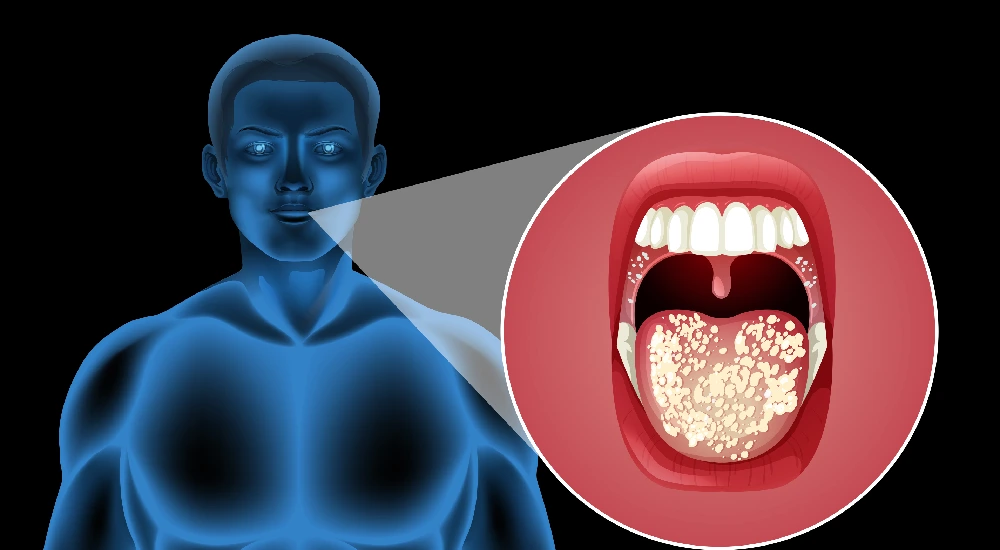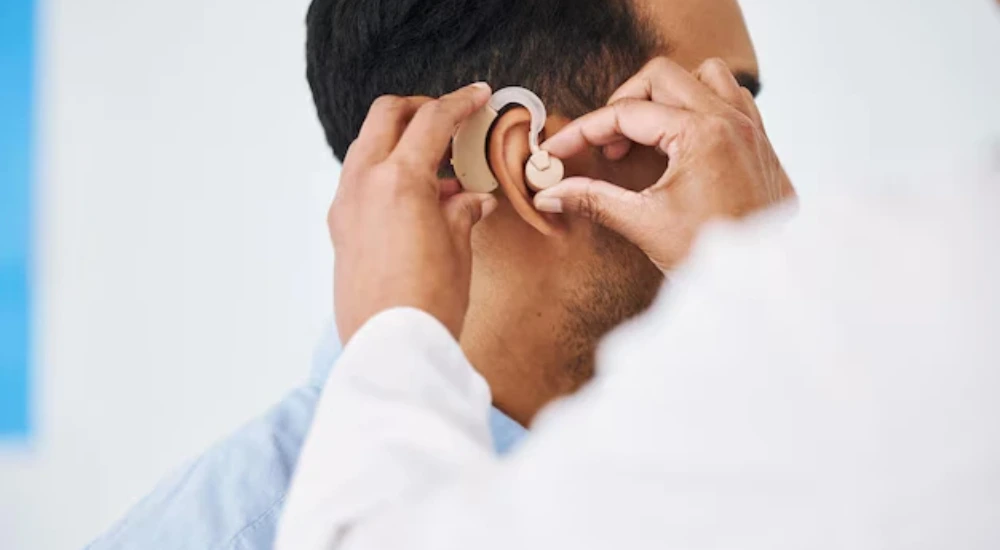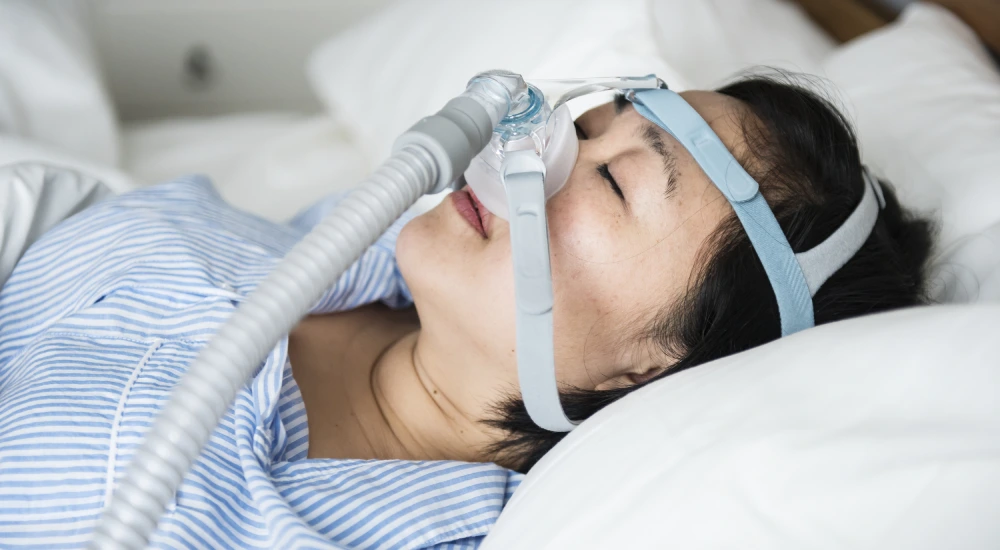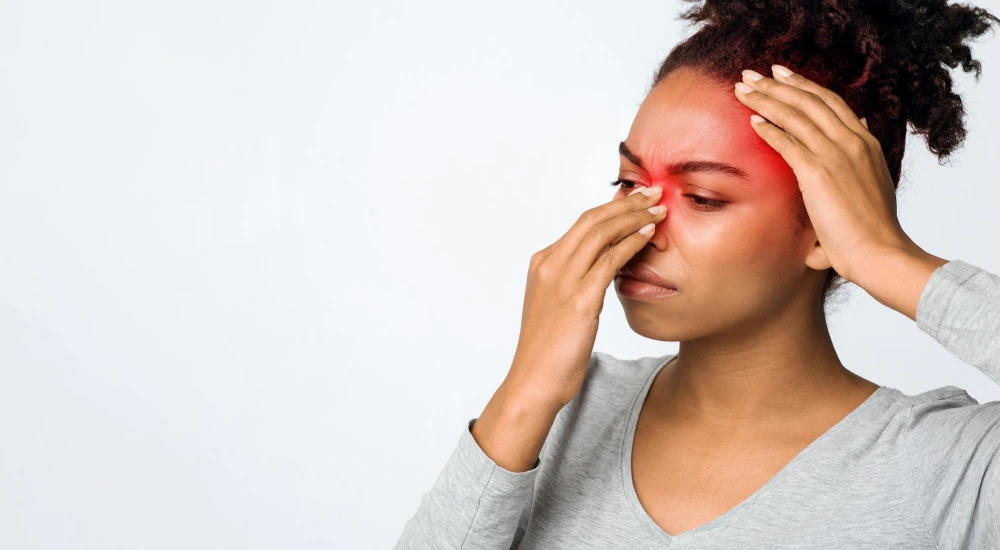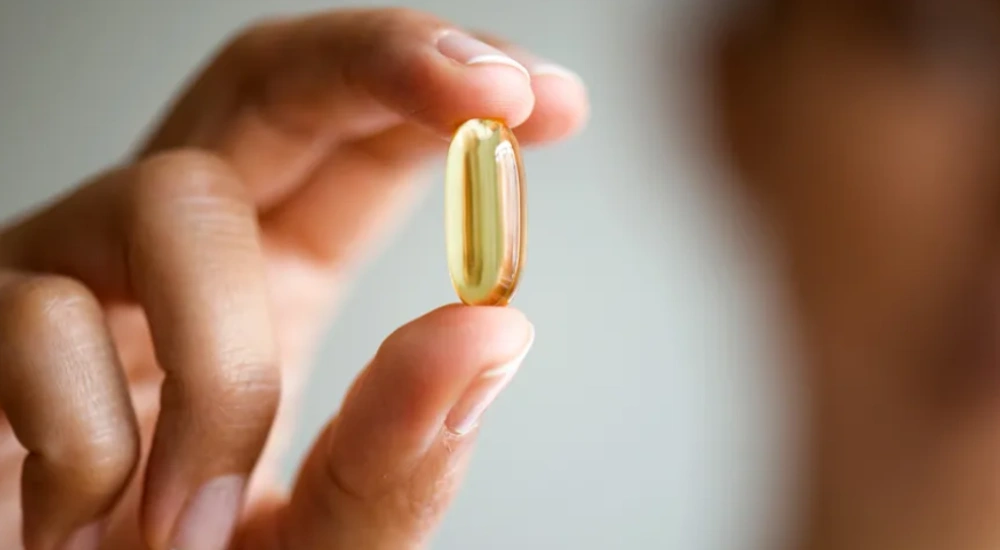
Healthy hearing - The role of vitamins in fighting hearing loss
Good health is incomplete without mentioning vitamins. From outer skin health to the inner bone marrow, vitamins play a vital role in keeping the body healthy.
It is the 13 essential vitamins that work together to only make the body work the way it should. In fact, vitamins and minerals work in a concert to keep one healthy. Illness occurs only when this balance lacks the rhythm.
Vitamin A is critical for the health of the eyes and vitamin D strengthens the bones. But did you know that your hearing also needs a combination of vitamins. Stay with us until the end of the blog to understand what are the vitamins that contribute to hearing, impact of vitamin deficiencies on hearing, the connection with Temporary Hearing Loss, Hearing Loss prevention and more.
What are vitamins and how do they help in hearing?
Human body is capable of synthesizing vitamins such as D and K, it needs other vitamins through food. Mostly we depend on natural food resources for the rest of the vitamins and in case of deficiency of a particular vitamin, people are prescribed with vitamin supplements.
Vitamins, structurally complicated organic substances, contribute to various functions such as bolstering the immune system, strengthen bones, heal wounds, repair cellular damage, and as a fuel to convert food into energy.
They are also involved in sensory function by keeping the eyes, tongue, skin, nose, and ears healthy. In other terms, your sensory organs need vitamins to stay healthy, and keep away from infections. Let’s dive deep into the key vitamins that directly impact hearing quality.
What are the vitamins that directly affect hearing?
Like the other organs in the body, ears need all types of vitamins and minerals for healthy functioning. But it needs the vitamins D, A, C and E more than other vitamins.
Vitamin D : Structurally, the ear is one of the most complicated organs in the body. It consists of various sensory nerves, tiny bones and muscles that work in tandem to make sense of sounds around you. Vitamin D is essential to keep the bones in the middle ear healthy.
Hearing loss or inability to hear properly is one of the symptoms of vitamin D deficiency in some people. With reduced metabolism and strength, seniors often face vitamin D deficiency. Seniors and children with temporary hearing loss are often prescribed with vitamin D supplements by the Ent Doctors.
Vitamin A : The ear undergoes enormous stress everyday due to the high-decibel noise pollution. Vitamin A along with other vitamins and minerals such as A, C, E, and magnesium are proven to be easing hearing stress, ease ear sensitivities.
The combination is also known to be helpful in easing chronic ear conditions such as tinnitus and prevent effectively from permanent hearing loss. Vitamins A, E, and C are essential in improving hearing and avoiding noise-induced hearing loss.
Vitamin C : The responsibilities of bone health in the body are shared between vitamin D and C. Known as the ascorbic acid, vitamin C is also responsible for blood circulation to every corner cell by keeping the blood vessels healthy, and skin health.
Vitamin C is helpful and effective in protecting against noise-induced hearing loss. However, there is still no sufficient evidence to concede the exact level of impact.
Vitamin E : Vitamin E is the killer of oxidative stress markers in the body. Being a powerful antioxidant, it neutralizes the dangerous free radicals in the body, including the inner and middle ears.
There is enough evidence that people with idiopathic sudden sensorineural hearing loss (ISSHL) experienced relief when they take vitamin E as a supplement. This is because vitamin E deescalates the level of oxygen reaction in the inner ear ischemia and reduces the free radicals that destroy healthy cell growth.
What are the natural ways to keep your ears healthy?
Taking supplements for hearing loss is the last resort your ENT specialist would employ. Rather than depending on prescription, take action to ensure a healthy hearing. Safeguard your ears with all these tips for a longer and healthy hearing.
Eat healthy : Consume fresh veggies, fruits, leafy greens, pulses, beans, and all kinds of vitamin and mineral resources for healthy ears.
Hearing exercises : Hearing exercises are fun and do not require you to lift a muscle, literally. All you need to do is just close your eyes and try to listen to surroundings and focus on the deepest/lowest sound you could hear. Also, try to find the direction of it. Do this at least twice in a day for better hearing.
Proactive ear screenings : Book an appointment at your nearest ENT hospital to undergo periodic ear health checkups, clean ups, and blockage removals to avoid ear infections beforehand.
If you are experiencing ear related issues or at the risk of hearing loss, Vikram ENT is Coimbatore’s best ENT specialty hospital that can give you a solution for all ENT issues.
Share This Story, Choose Your Platform!

